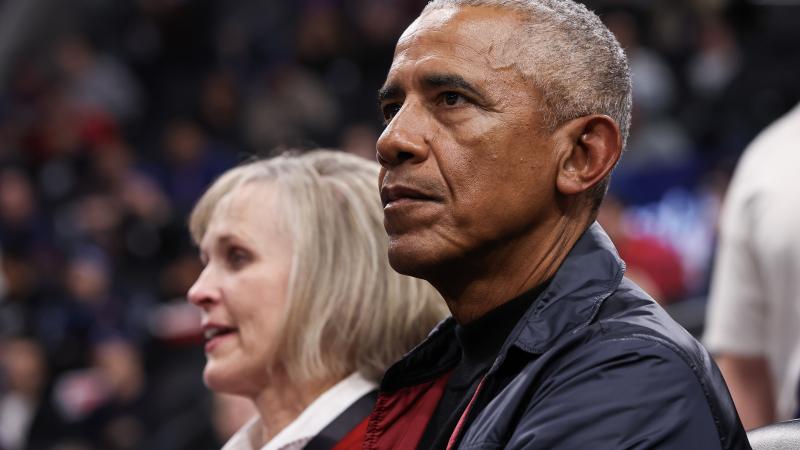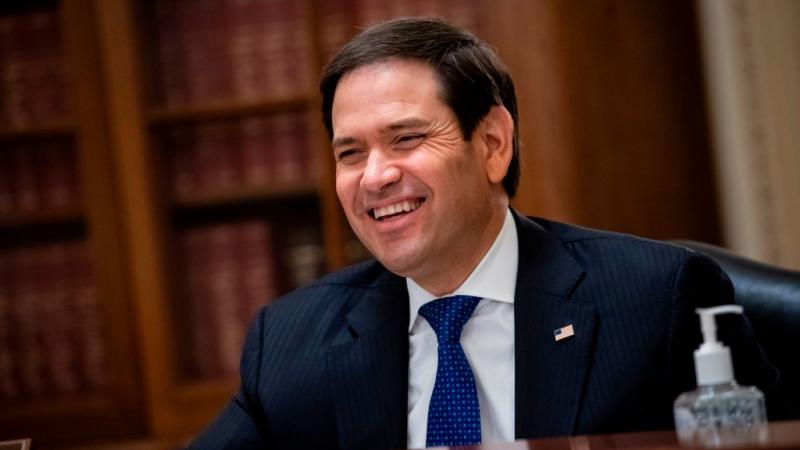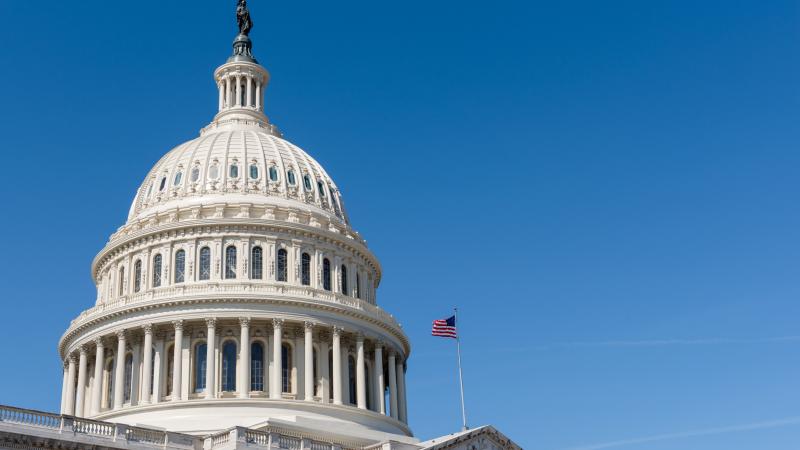EU leaders, amid deals done or in works, offer muted response to surprise Trump tariff announcement
That European Union leaders didn't immediately react was no surprise. They've been largely cautious in their statements since Trump's "Liberation Day."
Just when Europe's top leaders thought it might be safe to breathe a sigh of relief over President Trump's tax salvo, he hit them Friday with a massive new one, resulting in a largely muted response as European stock markets took significant losses.
“We continue to focus on negotiations,” said Germany’s top diplomat, Johann Wadephul, in one of the few public statements.
In France, Foreign Trade Delegate Laurent Saint-Martin said, “We keep the same strategy of de-escalation. But we are ready to respond.”
That top European Union leaders didn't immediately react, or counter-attack, Friday when Trump's call for a "straight" 50% tariff surfaced on social media at about 1 p.m. their time, was no surprise.
They've been largely cautious in their statements since Trump's "Liberation Day" on April 2 when he slapped big tariffs on nations around the globe, including a 20% one on the European Union – the collective of 27 essentially Western and central European countries.
However, about 12 hours after the tariffs took effect on April 9, amid stock markets taking big losses, Trump ordered a 90-day pause to allow for negotiations.
Others to comment Friday on Trump's plan for the 50% tariff, to be imposed June 1, was Maros Sefcovic, the European Union's top trade official.
The EU is "committed to securing a deal that works for both." He said the Commission "remains ready to work in good faith. EU-US trade is unmatched & must be guided by mutual respect, not threats. We stand ready to defend our interests," he posted on X after speaking with Commerce Secretary Howard Lutnick and U.S. Trade Representative Jamieson Greer.
Said Italian Minister of Finance Giancarlo Giorgetti: “We have entrepreneurs with an insane capacity for resilience.”
Trump's Truth Social post, at about 8 a.m. Washington, D.C., time read: “The European Union, which was formed for the primary purpose of taking advantage of the United States on TRADE, has been very difficult to deal with."
The message came late in the trading day in Europe. Shares that had been trading flat or up slightly compared to the previous day’s close saw the bottom drop out.
Across the European Union’s biggest markets – in Amsterdam, Frankfurt, Madrid, Milan, and Paris – blue-chip indexes finished the day at least 1.5% in the red, erasing billions in market capitalization.
The Stoxx 600 index of European stocks was down 1.1 percent on the day, with a bit of a hit after Trump’s announcement and a modest recovery in the final 30 minutes of trading.
In London, which is not in the European Union, the impact was smaller, with the main index closing the week with a one-day loss of 0.3 percent.
The euro currency also strengthened against the dollar and bond yields rose, further adding to the woes for European investors.
“Market uncertainty has already been weighing on markets,” Italian economist, researcher, and commentator Roberto Romano told Just the News. “When [the tariffs were] 10% there was the thought that big companies could adapt. But more than that is an enormous problem.”
Trump's April tax salvo indeed brought world leaders to the negotiating table, including Italian Prime Minister Giorgia Meloni and UK Prime Minister Keir Starmer.
Meloni came to the White House in mid-April to talk about trade, with Trump saying in closing, "There will be a trade deal, 100%. But it will be a fair deal." And Meloni said she was "sure" they could reach an agreement.
And on May 8, the White House announced a trade deal with the United Kingdom that Trump and Starmer hailed as "historic."
The deal essentially kept the U.S. baseline tariff rate on U.K. imports at 10%, while eliminating duties on British aluminum and steel and significantly lowering tariffs on some U.K. car exports, according to the Los Angeles Times.
In exchange, London reportedly agreed to lower barriers on U.S. farmers and ranchers seeking access to the U.K. market for exports such as ethanol and beef and to increase access for U.S. aerospace companies to crucial British-made components.
But on Friday, Trump said the discussions with European trade reps were “going nowhere,” prompting the unexpected announcement.
Trump’s goal appears to be to convince European manufacturers to relocate some of their operations in the U.S. to avoid tariffs.
And there is strong evidence it is working: Italy-France-U.S. carmaker Stellantis has already begun the process of reopening a closed pickup truck assembly plant in Illinois, while German carmaker Volkswagen also announced it would expand its production in the U.S., and BMW and Volvo said they were considering similar moves.
French luxury conglomerate LVMH said it was “seriously considering” a change in strategy that would increase its production capacities in the U.S., while Italian coffee giants Illy and Lavazza have begun studying the feasibility of such a change.
Dozens of smaller companies are said to be in the midst of shifting at least some of their production to the U.S.
Additionally, Trump-appointed Hollywood ambassador Mel Gibson this month announced plans to boost the production of Italian films in the U.S. as a way for Italy to avoid an even steeper 100-percent levy on non-U.S. films. The U.S.-Italy project is being cast as a model that could be applied to other countries.
But the companies and their national trade representatives warn that such big changes can’t be made quickly.
“The transition will take a bit of time,” European Central Bank President Christine Lagarde said, noting that the low unemployment rate in the U.S. was an obstacle.
According to the office of the United States Trade Representative, the U.S. trade deficit with European countries was at least $236 billion when Trump came into office, an increase of nearly 13% compared to the end of 2023.
The Facts Inside Our Reporter's Notebook
Links
- very difficult to deal with
- Stoxx 600 index of European stocks was down 1.1 percent
- economist, researcher, and commentator Roberto Romano
- reopening a closed pickup truck assembly plant in Illinois
- also announced it would expand
- âseriously consideringâ a change in strategy
- begun studying the feasibility
- boost the production of Italian films in the U.S.
- The transition will take a bit of time
- U.S. trade deficit with European countries was at least $236 billion















